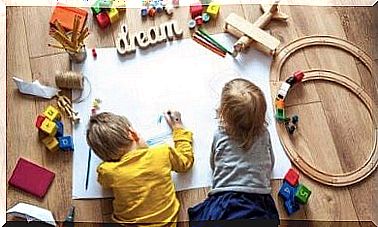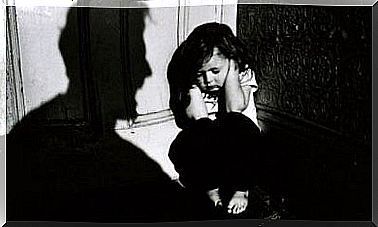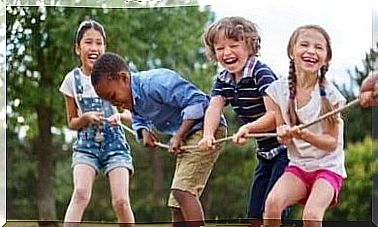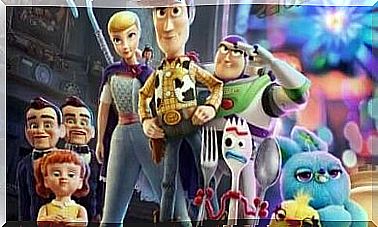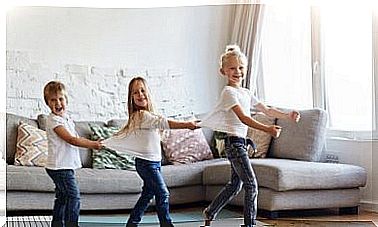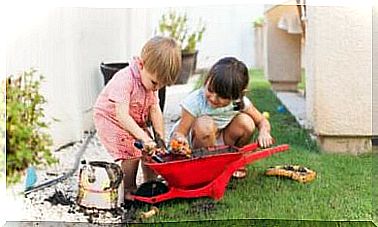Why Do Babies Like To Throw Everything On The Floor?
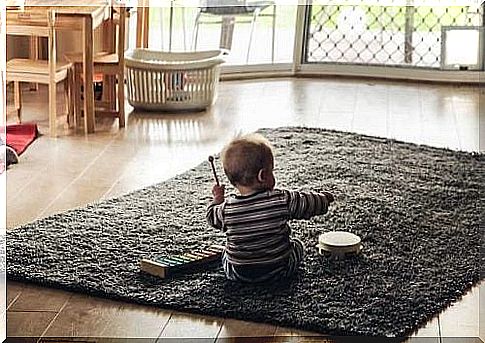
Babies go through a phase where their best ability is to throw everything on the floor. Want to know why they do this?
Your child has probably surprised you on several occasions with their baseball skills, throwing everything they have within reach to the ground.
Maybe you first thought this was a rebellious act, or an act, to get your attention. However, this perception changes when you realize that they do it every day.
Either with anger, surprise or laughter, you will ask them to stop throwing everything on the floor because they may hurt something or hurt someone. We have some good news for you; This skill is only one of the first ways that children interact with the world.
Your baby discovers the world every time they throw something on the ground
When throwing an object, measure with what force you want to throw it, have a fixed target and put yourself in a certain position. This is the experience that your toddler tries to have every time they throw something on the ground.
If they have already thrown an object a thousand times, prepare yourself that they will definitely continue to do so again and again.
Be happy and grateful because this is a sign of evolution and growth, it adds to the list of abilities your child develops to meet life’s challenges.
Guide them, teach them to be careful, how to identify hazards and how to recognize sensitive materials.
Throwing everything on the floor: A source of learning
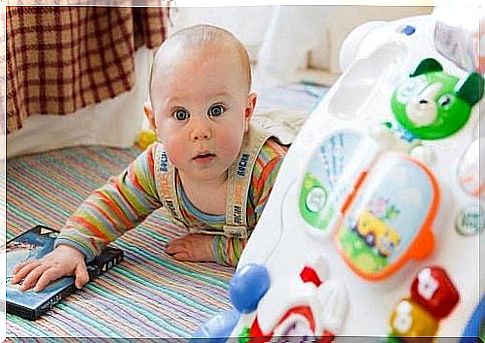
We see how children’s bodies start to become stronger and more flexible by simply throwing everything on the floor. It is time to guide them through this task.
At a young age, this is an odyssey full of challenges and achievements just like a superhero.
Therefore, it is important that before we get involved with this task, that we know in detail what your little angel is learning by throwing things on the floor.
To discover what is happening to the object
They see if it breaks, makes special noises or stays the same. They answer their doubts with practice, for example; they will throw objects that they are curious about as many times as necessary until it confirms their answer.
Measuring distances
Even if you do not believe it, children at this age use two of the greatest senses: sight and hearing. They visually analyze the direction of the object they are throwing.
They see how the object varies in size as it moves away until it becomes small. They also use hearing to see how long it takes to hit the ground. A late sound means the object traveled on.
Test their skills
Is it worth continuing to experiment with this item? Should I continue to explore? Did I understand what happened when I threw it with force? Will it react differently if I do?
They already understand the relationship between cause and effect.
After deciding to throw an object, they then discover what is causing it. It can cause glass to break and a reaction of fear from mom or dad. It can also cause a loud noise that bothers others and awakens their parents, etc.
Social interaction
They will notice that certain sounds and actions arouse the interest of people around them. They will then play with these items to create magical moments to share with you.
This is another option they have for creating bonds. In the future, the lessons they learn as children will be transcendental in their personal and professional development.
Our little scientist responds to their need for exploration with speed and cunning.
What can we do to improve this experience?
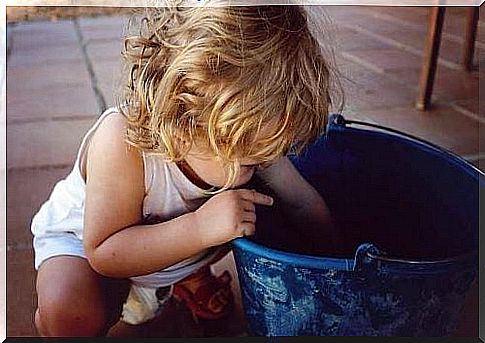
You should not scold them unless they throw something delicate or cause damage. Instead, focus on teaching them what to throw and where to throw it.
You should not allow them to be aggressive in these sessions. You can also ask them to pick up the things they threw with you to create a habit of getting organized.
Do not scold them unnecessarily, use examples and you will see the results
by learning from the example of what is allowed. For example, throwing sour socks in the basket or useless papers in the trash. Little by little, they will understand what is right, and it will benefit both of you.



